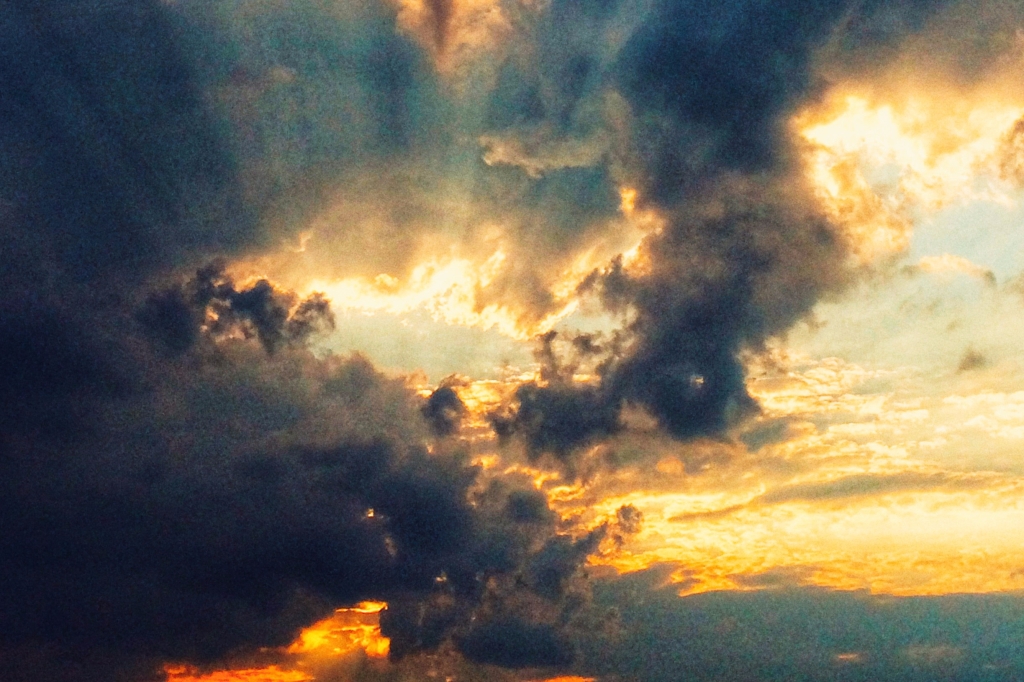
“The arts are not subsidiary places of secondary sensations but the primary place where we go to recall feelings of wholeness, of harmony not just with ‘Nature’—the craggy peaks the Romantics loved and the Italian lakes they lingered by—but with existence itself. Poetry and music do this by escaping the constraints of intellect, by going at things atmospherically rather than argumentatively. They convey a sublime atmosphere of sound, ineffable intimations of immortality, and so the apprehension of a ‘cosmic connection.’”
“Art isn’t absolute, but it isn’t at all arbitrary. Taylor escapes from the divide between subjectivity and objectivity through a concept he calls the ‘interspace’—not the inner space where I perceive and enjoy but some resonant atmosphere that exists between me and the world. The sound of the cello in a Schubert trio isn’t entirely in the cello, where the sound begins, or entirely between my listening ears, where the experience of structured sound as music happens, but somewhere between the two, where the creation of meaning takes place. The interspace is the phenomenal field of the arts. When we listen to sublime music, then, our experience is not of pleasure but of an overwhelming feeling of encountering and exploring some truth. The music sculpts us, we sculpt the music, and to reduce this to mood misses the cosmic connection that the experience proposes and, quite often, provides.”
“Walking had a large effect on creativity. Most of the participants benefited from walking compared with sitting, and the average increase in creative output was around 60%. When walking, people also generated more uses, good and bad. Simply talking more, however, was not the sole mechanism for the increased creativity. When walking, people generated more uses, and more of those uses were novel and appropriate.”
“Walking also exhibited a residual effect on creativity. After people walked, their subsequent seated creativity was much higher than those who had not walked.”

Leave a comment